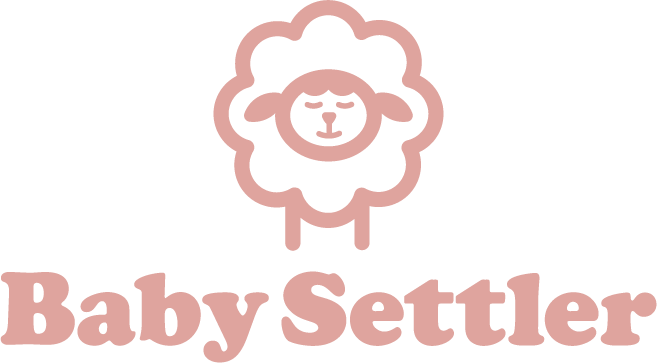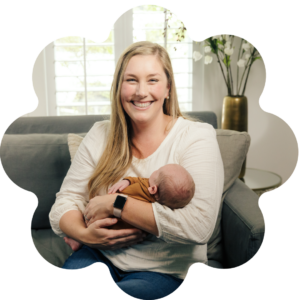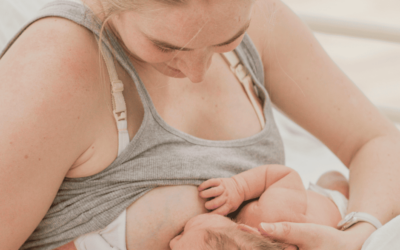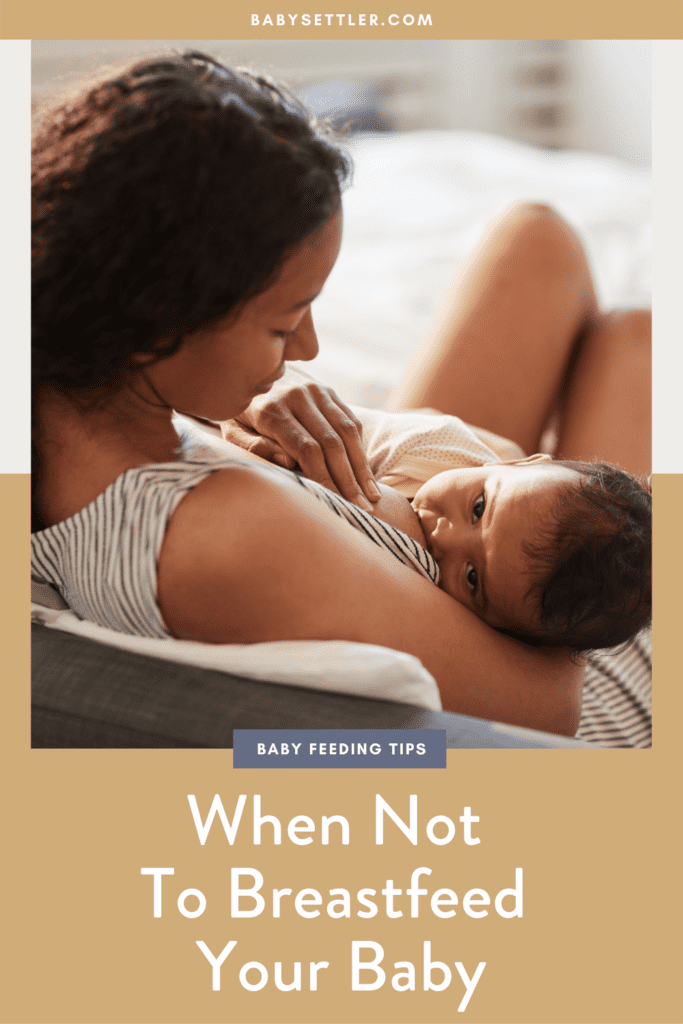
I’m a lactation consultant that helps women on their breastfeeding journey. I’m also a mom of three. I know the benefits of choosing to breastfeed your baby when they come into the world. The World Health Organization and other respected health bodies recommend that babies should be breastfeed for six months after birth.
With all this being said, it’s important to realize that every parenthood journey is different – breast isn’t always best.
All mamas go through unique challenges, because all of our lives don’t look the same. As a woman and mother, it’s important to be able to confidently make the decisions that are best for you and your baby. It’s okay if what you choose is different from what another mama chooses.
There is no shame in not breastfeeding your baby.
In fact, there are some circumstances when choosing to bottle and formula feed is the best decision for you and your little one.
Physically, Breastfeeding Can Be Challenging
Some mothers take a physical knock when they try to breastfeed. Sore nipples, engorgement, clogged milk ducts, and infections are just some of the reasons why breastfeeding might not be the right decision for you.
As the U.S Department Of Health and Human Services explains, “Often a breast infection is a sign that you are doing too much and becoming overly tired.”

One breast infection that can plague some women during breastfeeding is mastitis. This can be caused by a blocked milk duct or bacteria in the breast, and result in fever, pain, and breast swelling. Suffice it to say, it’s not comfortable.
However, you don’t need to give up breastfeeding when you have mastitis. But, if continued breastfeeding is increasingly adding to your discomfort while you’re trying to heal, you’ve got to take into consideration what will be the best for you.
Recognize when you’re trying to do too much. Burning out isn’t what’s best for you or your baby.
Some pre-existing conditions also impact breastfeeding. Polycystic ovary syndrome, hypothyroidism, and hypoplastic breasts (breasts with insufficient glandular tissue) can result in a low milk supply. If this is the case, you won’t be able to meet the nutritional needs of your newborn with breastmilk alone. Donor milk and formula is then most often the way to go.
When using formula, it’s important to know how to correctly handle and prepare it. Click here to read more.
Your Mental Health Should Always Be A Priority
Yes, there’s no denying the benefits of breastfeeding not only for babies, but also for mothers. According to The International Breastfeeding Journal, breastfeeding can help reduce maternal stress.
But, not everyone’s story is the same.
Getting used to life with a newborn is stressful at the best of times – and parenthood isn’t just made up of amazing moments. There are plenty of times when the stress of being a mom is difficult to cope with.
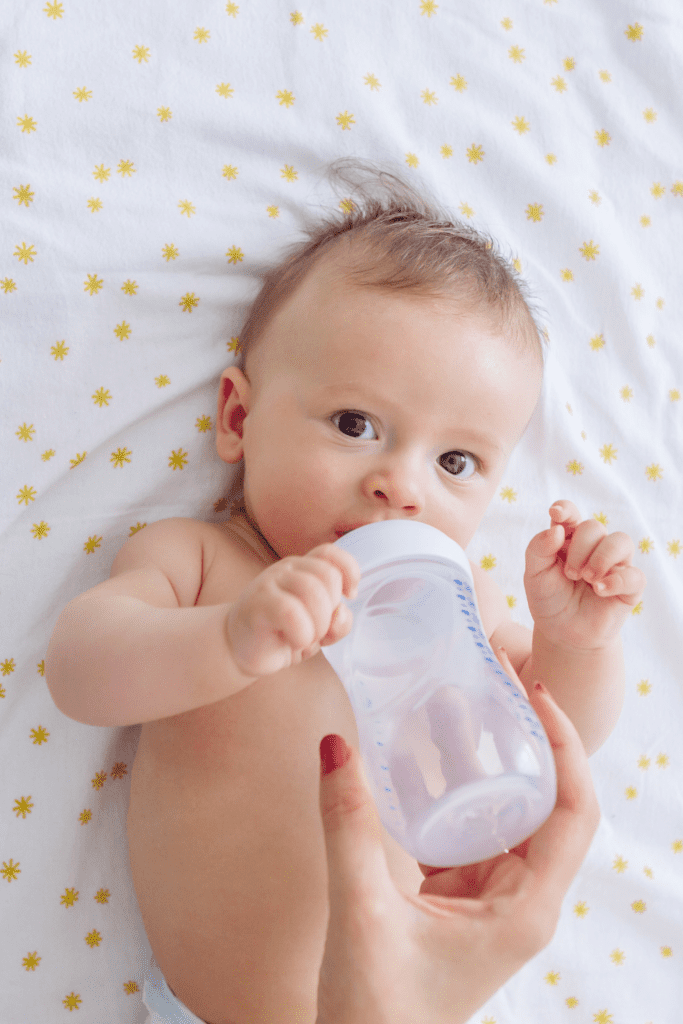
This is one of the reasons why having a support system is so essential. There is nothing wrong with asking for help, Mama, whether it be from a medical professional, your partner, or your family and friends.
Adding on the extra stress of trying to breastfeed, especially if breastfeeding isn’t going well, can impact your mental health and well-being.
Of course your baby’s needs are important, but so are yours. You’ve also got to take care of yourself, and if that means embracing formula, there is nothing wrong with that.
Mother, writer, and mental health advocate, Kimberly Zapata, wrote about her experience of choosing not to breastfeed her son due to mental health reasons in Healthline, “My increased energy, confidence, and charisma would be swallowed by depression, darkness, and post-hypomanic remorse, but I was afraid because I also knew what this call would mean: I would have to stop breastfeeding.”
Zapata explained that weaning her son off breastfeeding so that she could take the medication she needed for her mental health would not only benefit her, but it would also be for the sake of her children so that they can have a mother who is “engaged and of sound body and mind”.

The most important thing to acknowledge is that your motherhood journey is not going to look the same as anyone else’s. So, your choices are going to be different. If breastfeeding isn’t in your journey, that’s perfectly okay! There are a range of incredible formulas out there that will give your baby an amazing, healthy start in life.
My favorite is Bobbie Organic Infant Formula. This organic milk-based powder is gluten-free and easy on little ones’ tummies. Plus, it contains no palm oil, corn syrup or maltodextrin.
If you’re struggling to figure out the best choices for you and your newborn, my online course, Babies Made Simple is for you. This course will give you the confidence and knowledge to let go of the anxiety of new motherhood and help you understand what your baby needs. Click here to learn more.
